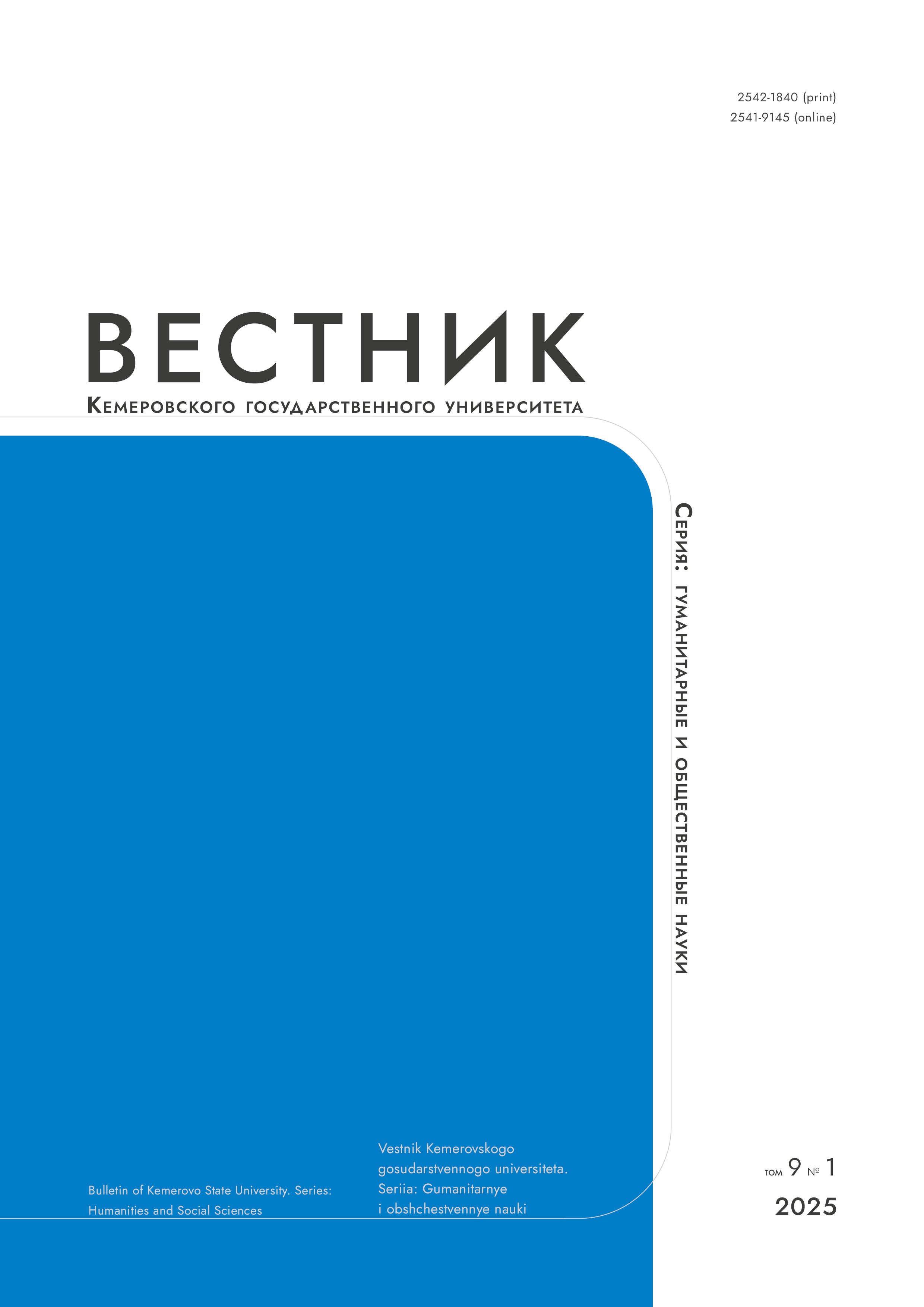Kemerovo, Russian Federation
Kemerovo, Russian Federation
UDC 34
The present research featured optimization of the proof and its effect on the meaning and spirit of the law as in the case of administrative liability for exceeding the vehicle average speed. The authors describe the legal opinions of administrative bodies, courts, and prosecutors on the issue of exceeding the vehicle average speed registered by traffic cameras. The authors believe that it cannot be used as a basis for administrative liability since the concept of "vehicle average speed" is absent from the law. Moreover, it violates the presumption of innocence and imposes unfair burden of proof on the driver. The article introduces the difference between the calculation of the vehicle average speed and the proof of the body of an administrative offense. The proof should include the exact place and time of speeding, whereas the evidence for their determination should be admissible and relevant. Traffic cameras have too many disadvantages to be used for establishing the event of an administrative offense and bringing people to administrative sanctions.
administrative offense, means of automatic recording, exceeding the speed limit, offense, event of an administrative offense, presumption of innocence, objective imputation, average speed
1. Kravchenko A. G. Deformation of the legal mentality in administrative law-enforcement state policy. Administrativnoe i munitsipal'noe pravo, 2019, (1): 7-16. (In Russ.) DOI:https://doi.org/10.7256/2454-0595.2019.1.28549
2. Sheifer S. A. Evidence and proof in criminal cases: problems of theory and legal regulation. Moscow: Norma, 2008, 238. (In Russ.)
3. Alekseev S. S. Problems of the theory of law. Vol. 2: Normative legal acts; Application of the law; Legal science. Sverdlovsk: B. i., 1973, 401. (In Russ.)
4. Evidence course: civil procedure, arbitration process, and administrative legal proceedings, ed. Fokina M. A., 2nd ed. Moscow: Statut, 2019, 654. (In Russ.)
5. Bonner A. T. Selected works. Vol. 5. Problems of the theory of forensic evidence. Moscow: Prospekt, 2017, 556. (In Russ.)
6. Iarkov V. V. Legal facts in the civil procedure. Moscow-Berlin: Infotropik Media, 2012, XXIV, 582. (In Russ.)
7. Sheifer S. A. The essence and methods of collecting evidence in the Soviet criminal process. Moscow: B. i., 1972, 130. (In Russ.)
8. Mikheenko M. M. Proofing in Soviet criminal proceedings. Kiev: Vishcha shkola, 1984, 132. (In Russ.)
9. Belkin A. R. Evidence theory in criminal proceedings. Moscow: Norma, 2005, 527. (In Russ.)
10. Dolya E. A. Use in proving the results of operational-search activities. Moscow: Spark, 1996, 111. (In Russ.)
11. Pobedkin A. V., Yashin V. N. Investigative actions. Moscow: Iurlitinform, 2016, 185. (In Russ.)
12. Glushkov A. I., Grinenko A. V., Grigorev V. N. Criminal procedure, ed. Grinenko A. V. Moscow: Norma, 2004, 465. (In Russ.)
13. Criminal law of the Russian Federation: general part, ed. Inogamova-Khegai L. V., Rarog A. I., Chuchaev A. I., 2nd ed. Moscow: INFRA-M; KONTRAKT, 2008, 553. (In Russ.)


















